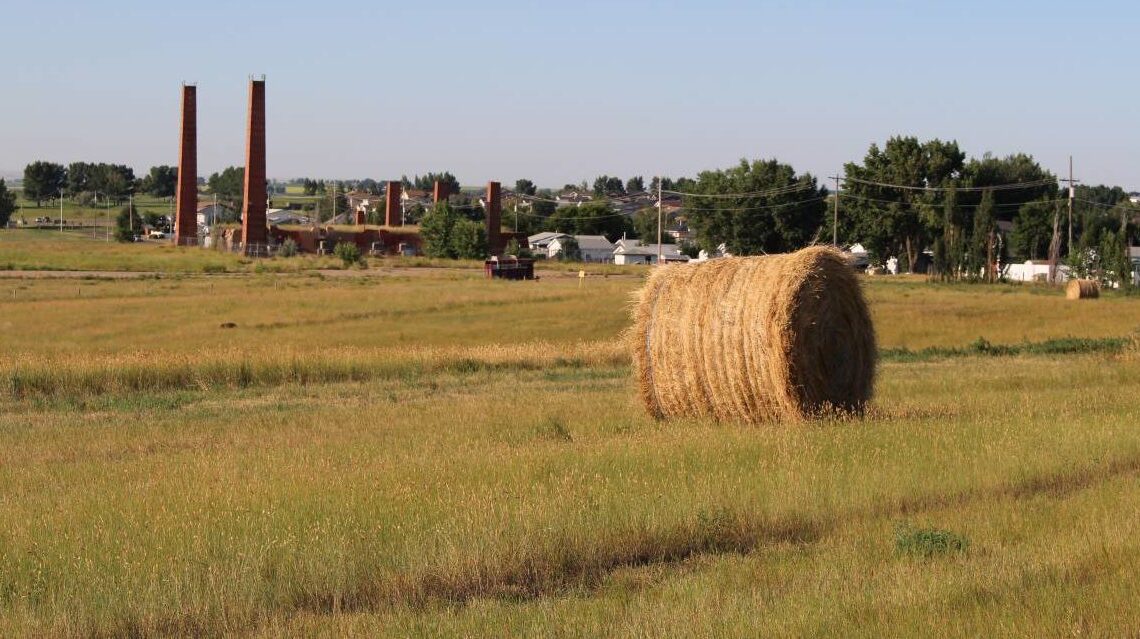Labour shortages in Alberta’s rural areas have always been an ongoing problem—specifically in the province’s agriculture sector where the labour demand is expected to grow within the next decade. The Temporary Foreign Worker (TFW) program is an option to help relieve this shortage. Employers can apply to fill their job vacancies if there are no Canadian workers available for the position and TFWs can fulfill the vacancy while working towards permanent residency.
While this may seem like a win-win situation, there’s a glaring issue that was identified in the Temporary Foreign Workers in the Prairie Region Policy Research, a research endeavour jointly commissioned by the Alberta Association of Immigrant Serving Agencies (AAISA) and the Calgary Catholic Immigration Society (CCIS)—prairie regions, like rural Alberta, lack immigrant-serving service provider organizations (SPO).
SPOs are needed to help migrant workers settle in Canada—this includes information on how to set them up with their health card or SIN number, helping them understand their worker rights and much more.
Lynn, a former TFW who is now waiting on her permanent residency application, recalled the little resources and support services available to her when she worked in a remote community in rural Alberta. Due to Lynn’s precarious immigration status, rabble has agreed to protect her identity through the use of a pseudonym.
“They promised me an opportunity to get a better future. At the same time to get an opportunity to get a permanent residence [in Canada]. But when I went here as a TFW, they did not inform us or make us aware of any supports,” said Lynn.
With no information on her worker rights, Lynn was subjected to verbal harassment from her coworkers, while her employer repeatedly violated her contract. The 40-hour work week that she was promised, was never fulfilled and on a low wage job with part-time hours, the surmounting living costs weighed heavily on her—but with nowhere to reach out to, Lynn’s mental health suffered.
Additionally, Lynn was working on a closed work permit which by law, prevented her from seeking new employment—she was legally bound to her employer and feared that speaking up could harm her opportunity for permanent residency.
READ MORE: Migrant workers and ‘the pandemic paradox’: The unseen hands that truly keep us afloat
“You can’t complain because you are scared of getting terminated. Those are the things that was…
Click Here to Read the Full Original Article at rabble.ca…

